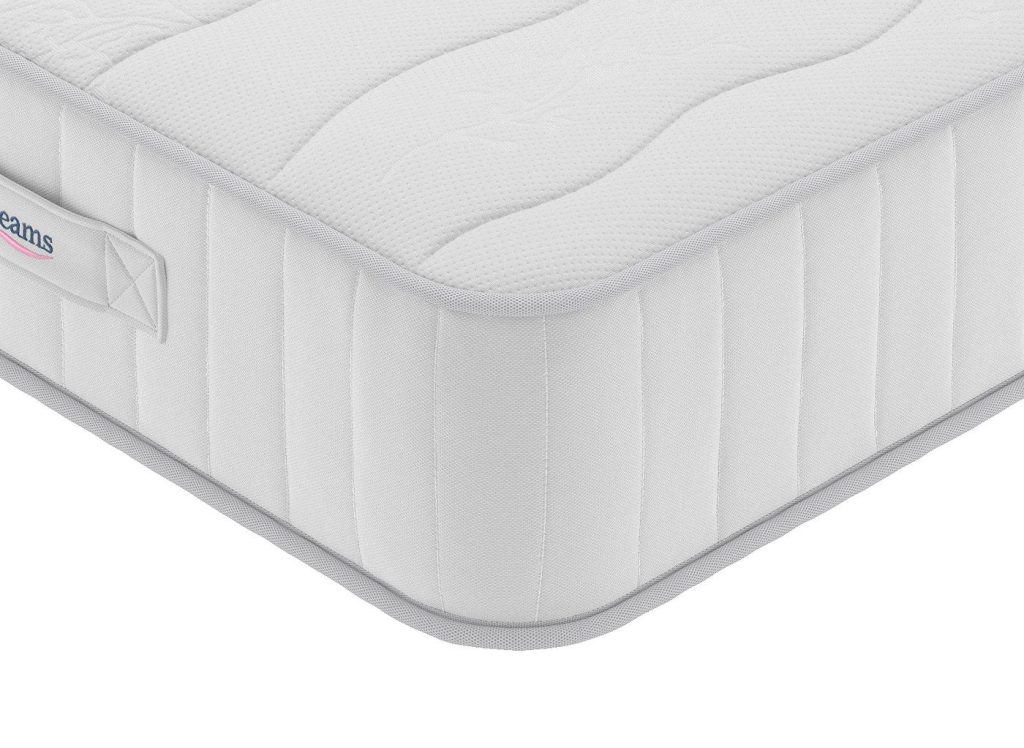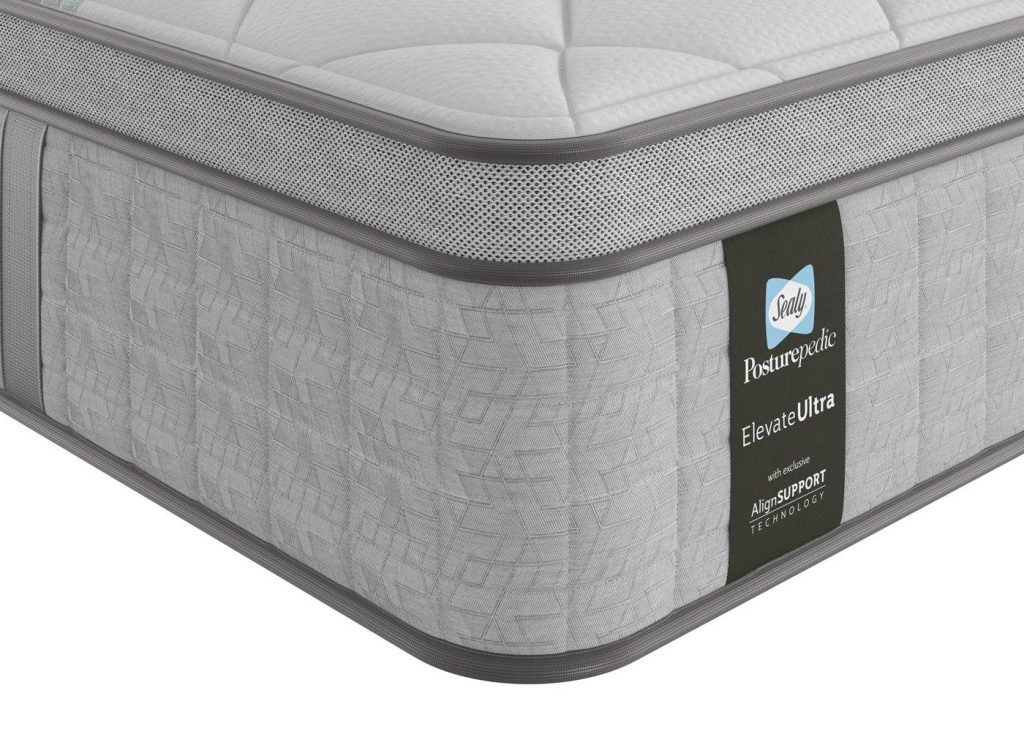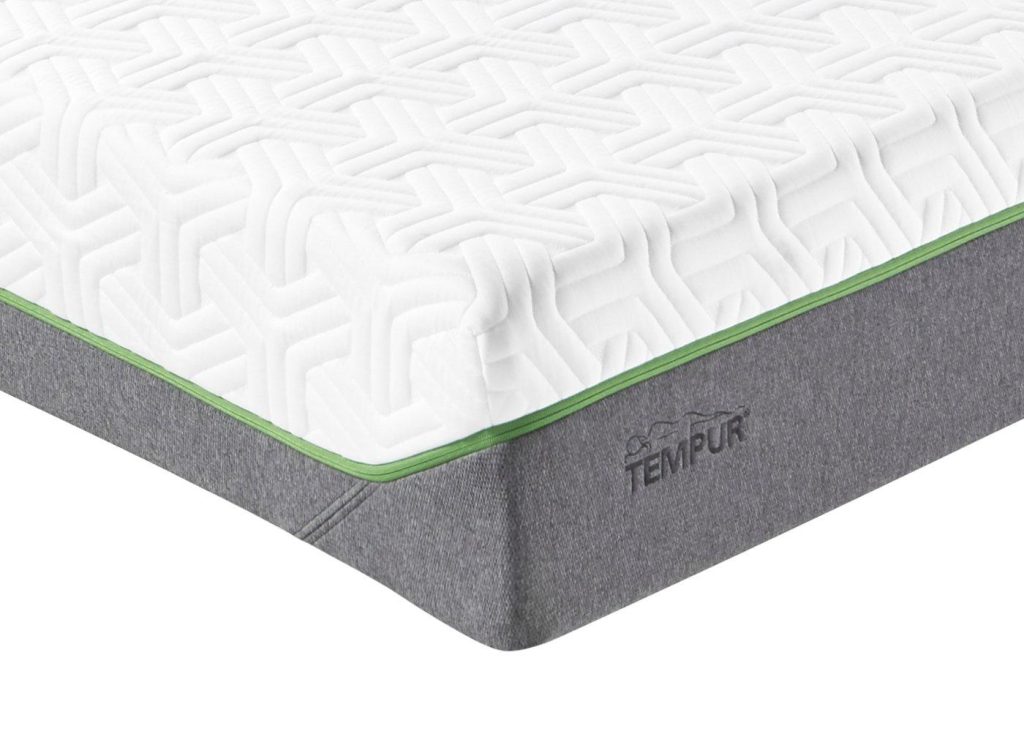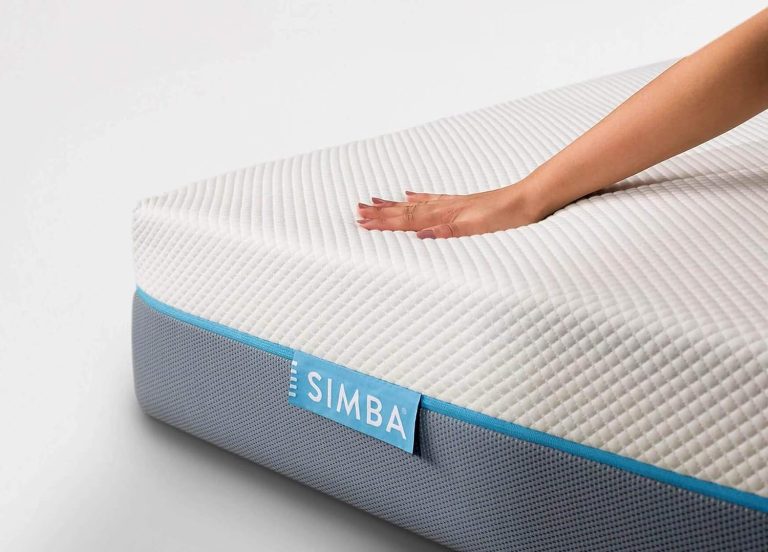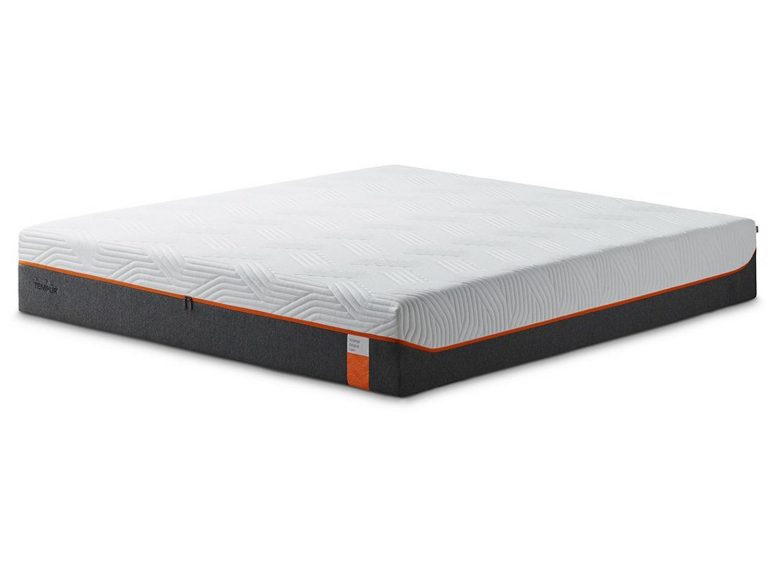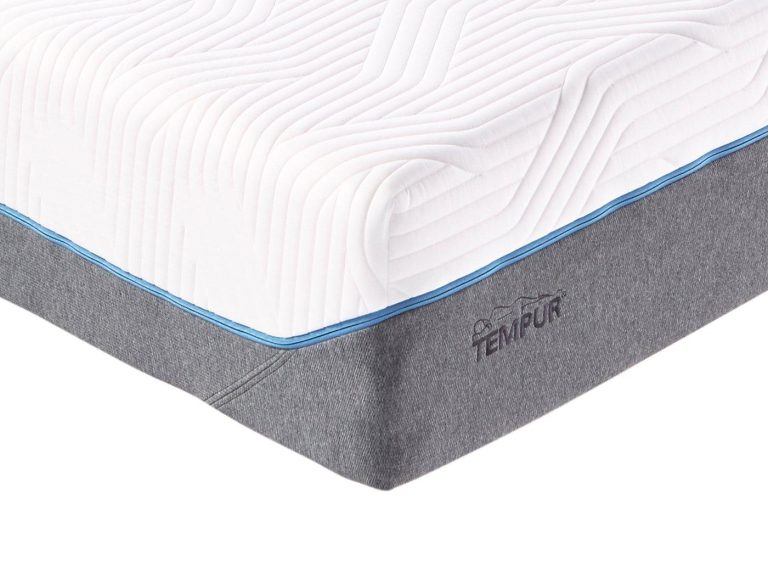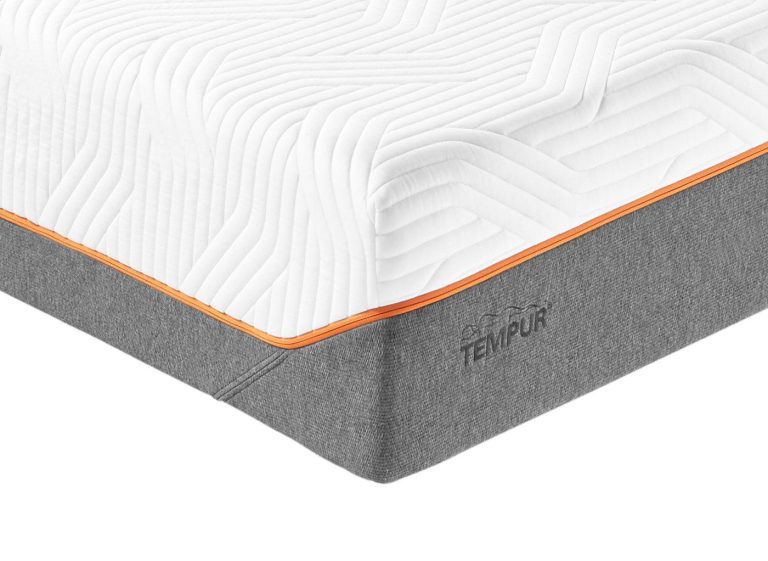In this article, we’ll discuss everything you need to know about choosing the right mattress type. We’ll explore the different options available and how they can impact your sleep quality. You’ll learn about the pros and cons of each mattress type, as well as factors to consider when making your decision. By the end of this guide, you’ll have the knowledge and confidence to select the perfect mattress for a good night’s sleep.
Table of Contents
ToggleThe Ultimate Guide to Choosing the Right Mattress Type
When it comes to getting a good night’s sleep, choosing the right mattress type is crucial. With so many options available on the market today, it can be overwhelming to decide which one is best for you. This ultimate guide will walk you through the key factors to consider, helping you make an informed decision that will ensure a comfortable and restful sleep experience.
Consider Your Sleep Position
Before diving into the specifics of different mattress types, it’s important to consider your sleep position. Whether you’re a side sleeper, back sleeper, or stomach sleeper, your mattress needs to provide adequate support and align your body properly.
Side Sleepers
If you often find yourself sleeping on your side, a mattress that offers pressure relief and contouring is ideal. Look for a mattress with a soft to medium-firm level of firmness that can conform to the curves of your body, such as memory foam or latex mattresses.
Back Sleepers
Back sleepers benefit from a mattress that offers both support and comfort. A medium to medium-firm mattress can help maintain proper spinal alignment while providing enough cushioning for pressure points. Consider mattresses with a combination of foam and innerspring for adequate support.
Stomach Sleepers
For those who sleep on their stomachs, a firmer mattress is recommended to prevent the hips from sinking too much, which can lead to lower back pain. Look for a mattress with medium-firm to firm support to keep your spine properly aligned.
Evaluate Your Comfort Preferences
Comfort is subjective, so it’s important to evaluate your personal preferences when choosing a mattress. Consider the following factors to ensure maximum comfort:
Firmness Level
Mattresses come in a range of firmness levels, from soft to extra firm. Your preferred firmness level will depend on personal preference and sleep position. Remember, a mattress that is too soft may lack adequate support, while one that is too firm may cause discomfort.
Materials Used
Different mattress materials have unique features and benefits. Traditional innerspring mattresses offer excellent support and airflow, while memory foam mattresses provide exceptional contouring and pressure relief. Latex mattresses are known for their durability and hypoallergenic properties. Hybrid mattresses combine the best features of different materials for a balanced sleep experience.
Assess Your Body Weight
Another crucial factor to consider when choosing a mattress is your body weight. Different weight categories require varying levels of support and cushioning.
Lightweight Individuals
Lightweight individuals generally require a softer mattress that contours to their body shape. Look for mattresses with softer foam layers or pillow tops to ensure optimal comfort.
Average Weight Individuals
For those with average body weight, a medium-firm mattress is typically the best choice. This firmness level provides a good balance of support and comfort, accommodating various sleep positions.
Heavyweight Individuals
Heavier individuals need a mattress with extra support to prevent sagging and maintain proper spinal alignment. Look for mattresses with a higher density foam or a thicker support system to ensure longevity and suitable support.
Determine Your Budget
Setting a budget is an essential step when purchasing a mattress. Mattresses come in various price ranges, so it’s important to find one that meets your needs without breaking the bank.
Affordable Options
If you’re on a tight budget, there are affordable mattress options available. Look for mattresses made with high-quality but lower-cost materials, such as budget-friendly foam or innerspring mattresses.
Mid-range Options
If you have a bit more to spend, mid-range mattress options offer a balance between quality and cost. These mattresses often come with additional features like enhanced cooling technology or advanced support systems.
Luxury Options
For those who prioritise luxury and comfort, higher-end mattresses are worth considering. These mattresses often come with premium materials, advanced features, and longer warranties. While more expensive, they can provide the ultimate sleep experience.
Research Different Mattress Types
Understanding the different types of mattresses is essential to finding the one that suits your needs. Here are the most common mattress types:
Innerspring Mattresses
Innerspring mattresses have been around for decades and are characterised by their use of steel coils for support. These mattresses offer excellent breathability, motion isolation, and durability. However, they may lack contouring and pressure relief compared to other mattress types.
Memory Foam Mattresses
Memory foam mattresses are known for their exceptional contouring and pressure relief properties. They conform to your body shape, relieving pressure points and promoting proper spinal alignment. Memory foam mattresses also excel at motion isolation, making them a great choice for couples.
Latex Mattresses
Latex mattresses are made from natural or synthetic latex, offering a responsive and bouncy feel. They provide excellent support, pressure relief, and temperature regulation. Latex is also naturally resistant to dust mites and allergens, making it a suitable choice for allergy sufferers.
Hybrid Mattresses
Hybrid mattresses combine the best features of different mattress types. They typically feature a combination of foam layers and innerspring coils, offering the benefits of both materials. Hybrid mattresses provide a balance of support, pressure relief, and breathability.
Consider Temperature Regulation
Sleeping at the right temperature is crucial for a good night’s sleep. If you tend to sleep hot or live in a warm climate, consider mattresses with cooling technologies and breathable materials.
Cooling Technologies
Some mattresses are designed with cooling technologies such as gel-infused foam or breathable covers that promote airflow, wicking away heat and moisture.
Breathable Materials
Materials like latex and open-cell foams are naturally more breathable, allowing for better airflow and temperature regulation. Look for mattresses with these materials if you’re prone to overheating during sleep.
Assess Motion Isolation
Motion isolation is an important factor to consider, especially if you share your bed with a partner. Mattresses with good motion isolation absorb and minimise motion transfer, ensuring that you’re not disturbed by your partner’s movements during the night.
Isolation Properties
Memory foam mattresses are renowned for their superior motion isolation properties. The foam absorbs and contours to movements, preventing them from being felt across the bed. Hybrid mattresses with individually wrapped coils can also provide excellent motion isolation.
Evaluate Edge Support
Edge support is often overlooked but can greatly enhance the sleeping experience. Mattresses with reinforced edges provide a stable and supportive surface when sitting or sleeping near the edges, making them easier to get in and out of bed.
Reinforced Edges
Look for mattresses with reinforced edges, such as those with high-density foam encasements or additional support systems. This ensures that the edges remain firm and supportive over time.
Consider Durability and Longevity
Investing in a mattress is a long-term commitment, so it’s important to choose one that is durable and built to last.
Quality Materials
Check for mattresses made with high-quality materials that resist sagging and maintain their shape over time. Look for durable support systems such as high-density foam or pocketed coils.
Warranty
A good warranty is a testament to the manufacturer’s confidence in their product. Look for mattresses with warranties of at least 10 years, ensuring that you’re protected against potential defects or premature wear and tear.
Conclusion
Choosing the right mattress type is essential for a good night’s sleep and overall well-being. By considering your sleep position, comfort preferences, body weight, budget, and other factors outlined in this guide, you can make an informed decision that suits your individual needs. Remember, a good mattress is an investment in your sleep quality, so take the time to research and choose wisely. Happy sleeping!


